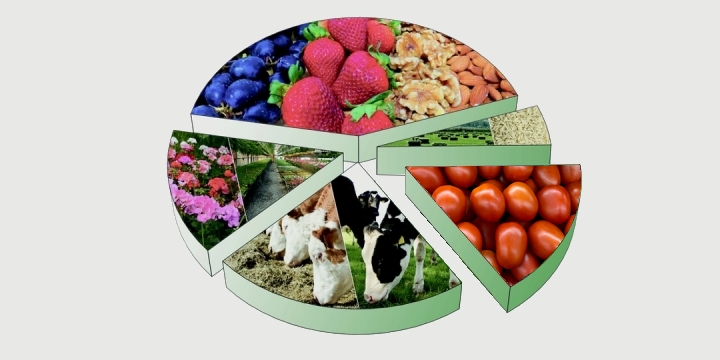Respect for your privacy is our priority
The cookie is a small information file stored in your browser each time you visit our web page.Cookies are useful because they record the history of your activity on our web page. Thus, when you return to the page, it identifies you and configures its content based on your browsing habits, your identity and your preferences.
You may accept cookies or refuse, block or delete cookies, at your convenience. To do this, you can choose from one of the options available on this window or even and if necessary, by configuring your browser.
If you refuse cookies, we can not guarantee the proper functioning of the various features of our web page.
For more information, please read the COOKIES INFORMATION section on our web page.



 Bulk product that was originally intended to be an ingredient in foodservice manufacturing can easily (at least physically) be shifted to use in retail production. For example, processors could repurpose a 300-gallon package (1135 litres) of tomato paste intended as an ingredient in foodservice spaghetti sauce to make sauces in retail-size containers. Although the canneries may face logistical challenges as to the timing of the final-goods production, the lengthy shelf-life of the 300-gallon product should allow for these adjustments. While this may be great from a food waste and overall industry standpoint, some producers may face negative impacts. Excessive inventories may occur when the economy reopens, driving some prices down.
Bulk product that was originally intended to be an ingredient in foodservice manufacturing can easily (at least physically) be shifted to use in retail production. For example, processors could repurpose a 300-gallon package (1135 litres) of tomato paste intended as an ingredient in foodservice spaghetti sauce to make sauces in retail-size containers. Although the canneries may face logistical challenges as to the timing of the final-goods production, the lengthy shelf-life of the 300-gallon product should allow for these adjustments. While this may be great from a food waste and overall industry standpoint, some producers may face negative impacts. Excessive inventories may occur when the economy reopens, driving some prices down.


























